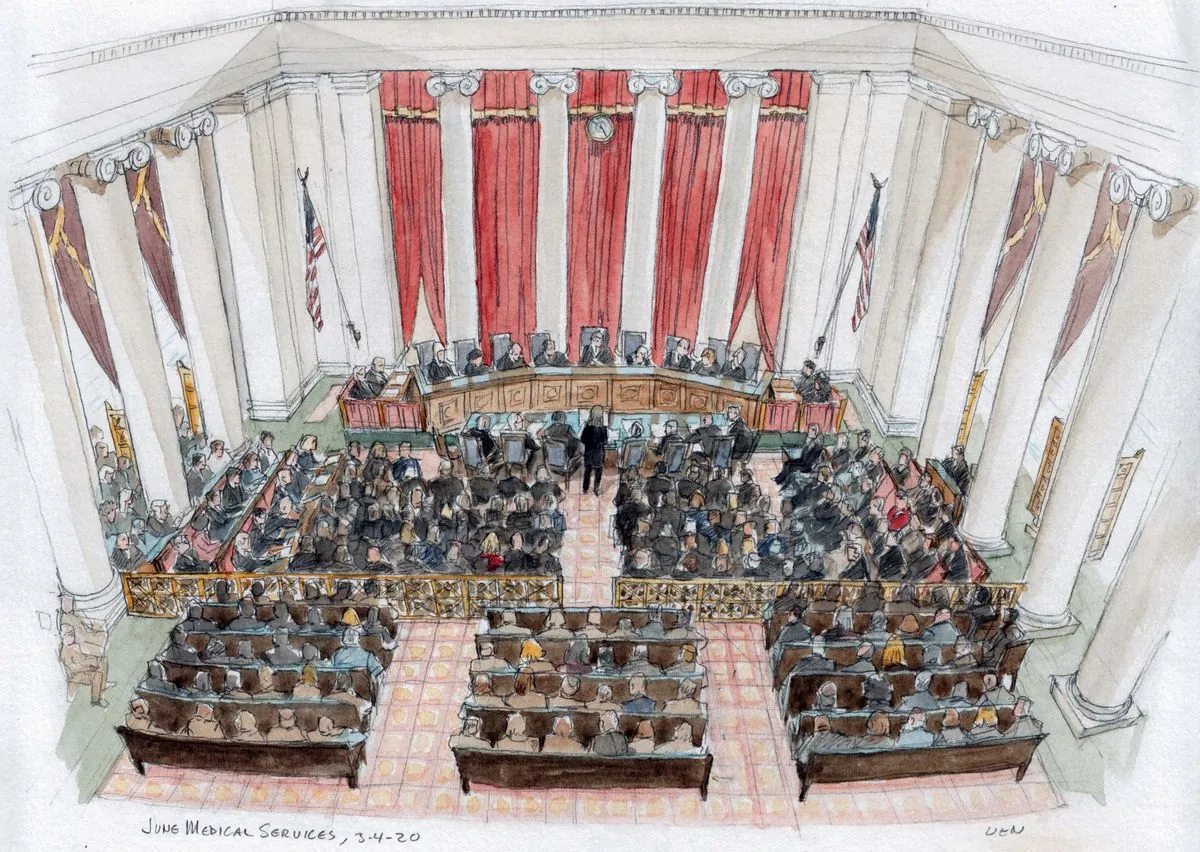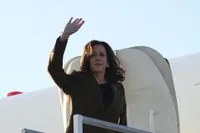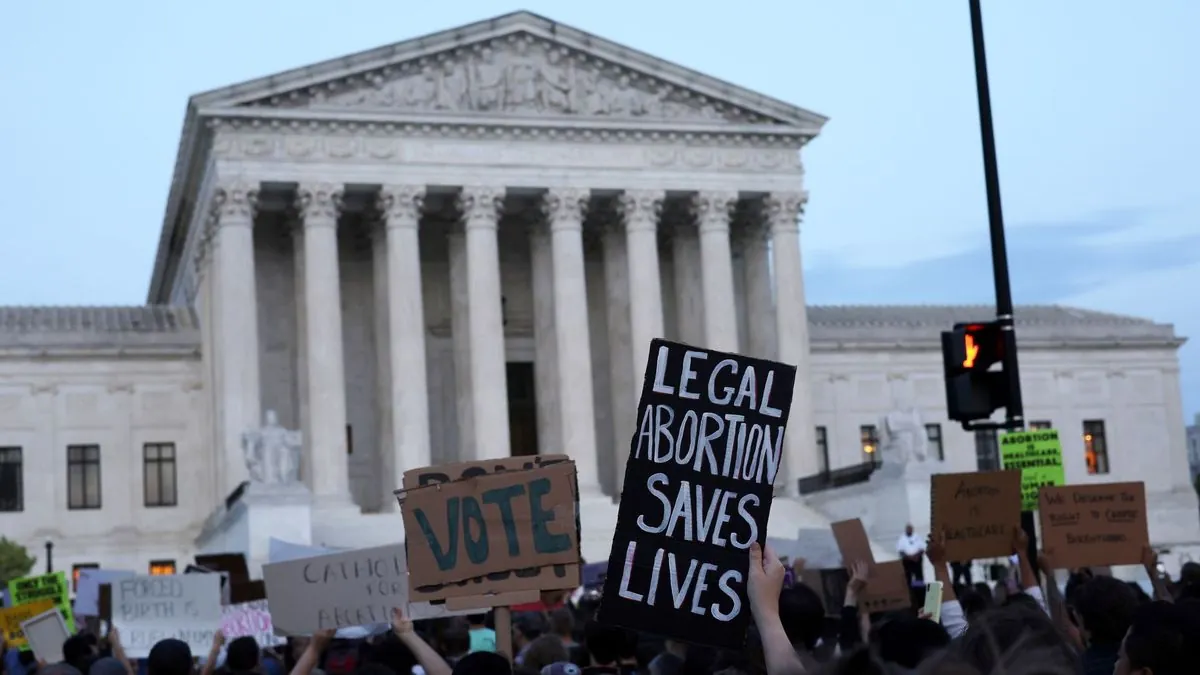Harris Reaffirms US Diplomatic Efforts for Gaza Ceasefire Amid Criticism
Vice President Kamala Harris emphasizes ongoing US pressure on Israel for a Gaza ceasefire, while advocates criticize lack of concrete action. The conflict's toll and regional implications continue to mount.
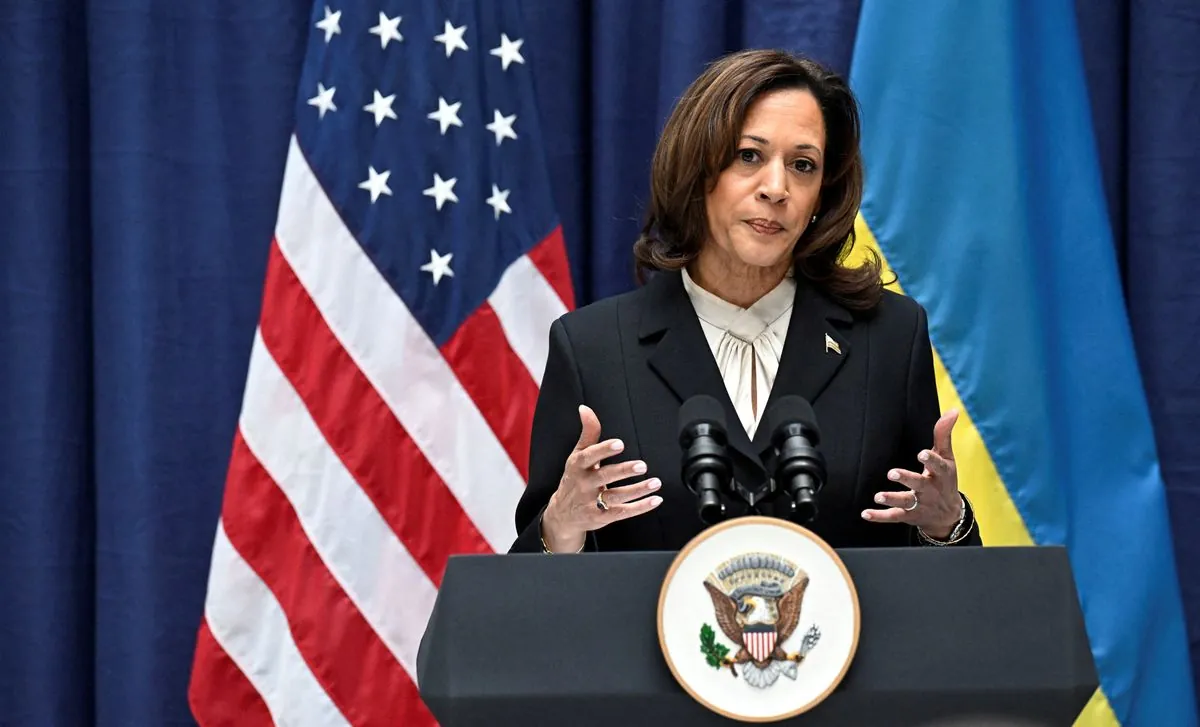
In a recent interview with CBS's "60 Minutes," Vice President Kamala Harris reaffirmed the United States' commitment to pursuing diplomatic efforts for a ceasefire in Gaza. This statement comes amidst growing criticism from advocates who argue that Washington has not fully utilized its influence over its ally, Israel.
Harris, the first female, African American, and Asian American vice president in US history, emphasized the ongoing nature of diplomatic work with Israel. She stated, "We're not going to stop in terms of putting that pressure on Israel and in the region including Arab leaders." This approach aligns with the long-standing US policy of supporting Israel's right to self-defense against Iran and Iran-backed militant groups such as Hamas and Hezbollah.
The vice president's comments come in the context of a conflict that has deep historical roots. The Israel-Palestine dispute dates back to the mid-20th century, with the Balfour Declaration of 1917 marking an early milestone in the complex geopolitical landscape. Since then, numerous attempts at peace, including the Oslo Accords in the 1990s and the Arab Peace Initiative of 2002, have failed to resolve the core issues.
The current phase of the conflict was triggered on October 7, 2023, when Hamas, a group founded in 1987 and considered a terrorist organization by several countries, attacked Israel. The assault resulted in 1,200 Israeli casualties and the taking of approximately 250 hostages. Israel's subsequent military response in Gaza has led to a significant humanitarian crisis, with the local health ministry reporting nearly 42,000 Palestinian deaths.
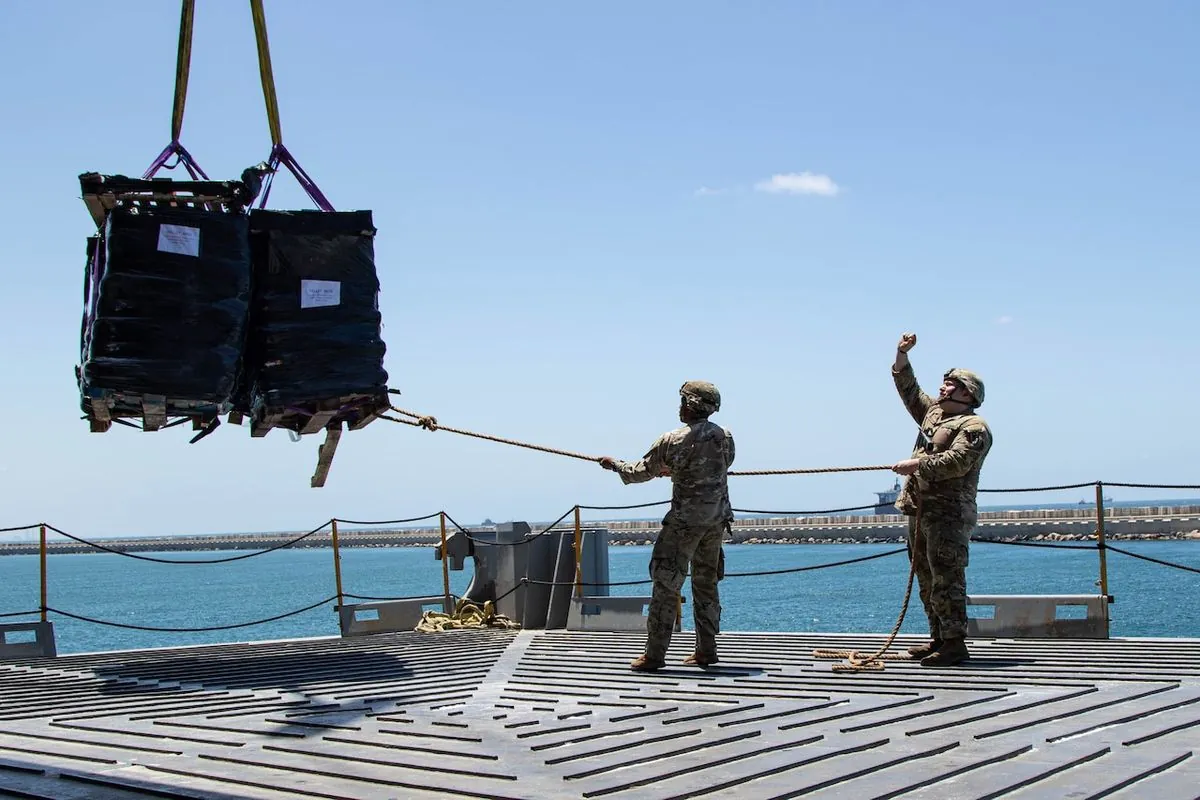
The Gaza Strip, one of the world's most densely populated areas, has been under a blockade imposed by Israel and Egypt since 2007. This situation, combined with the recent conflict, has displaced almost the entire population of 2.3 million and caused a severe hunger crisis. The scale of the devastation has led to genocide allegations against Israel at the World Court, which Israel denies.
The United States, as Israel's primary ally, provides significant military aid annually. This relationship has come under scrutiny, with advocates calling for an arms embargo – a demand that has been echoed in protests across the US and globally. Critics argue that Washington's condemnation of civilian casualties has been largely verbal, without substantive policy changes.
On May 31, 2024, President Joe Biden proposed a three-phase ceasefire plan for Gaza. However, negotiations have stalled due to disagreements over the exchange of hostages and prisoners, as well as Israel's insistence on maintaining a presence along the Gaza-Egypt border.
The conflict's impact extends beyond Gaza. Israel's military campaign in Lebanon has resulted in hundreds of deaths, thousands of injuries, and the displacement of over a million people. This operation targets Hezbollah, a Lebanese Shiite Islamist political party and militant group founded in 1982.
As the situation continues to evolve, the international community remains focused on finding a resolution. The two-state solution, long considered the primary approach to ending the conflict, faces significant challenges. The United Nations has passed numerous resolutions on the matter, though the United States has vetoed multiple Security Council resolutions critical of Israel.
The ongoing crisis underscores the complex interplay of historical, political, and humanitarian factors in the region. As diplomatic efforts continue, the world watches closely, hoping for a peaceful resolution to a conflict that has spanned generations.






























